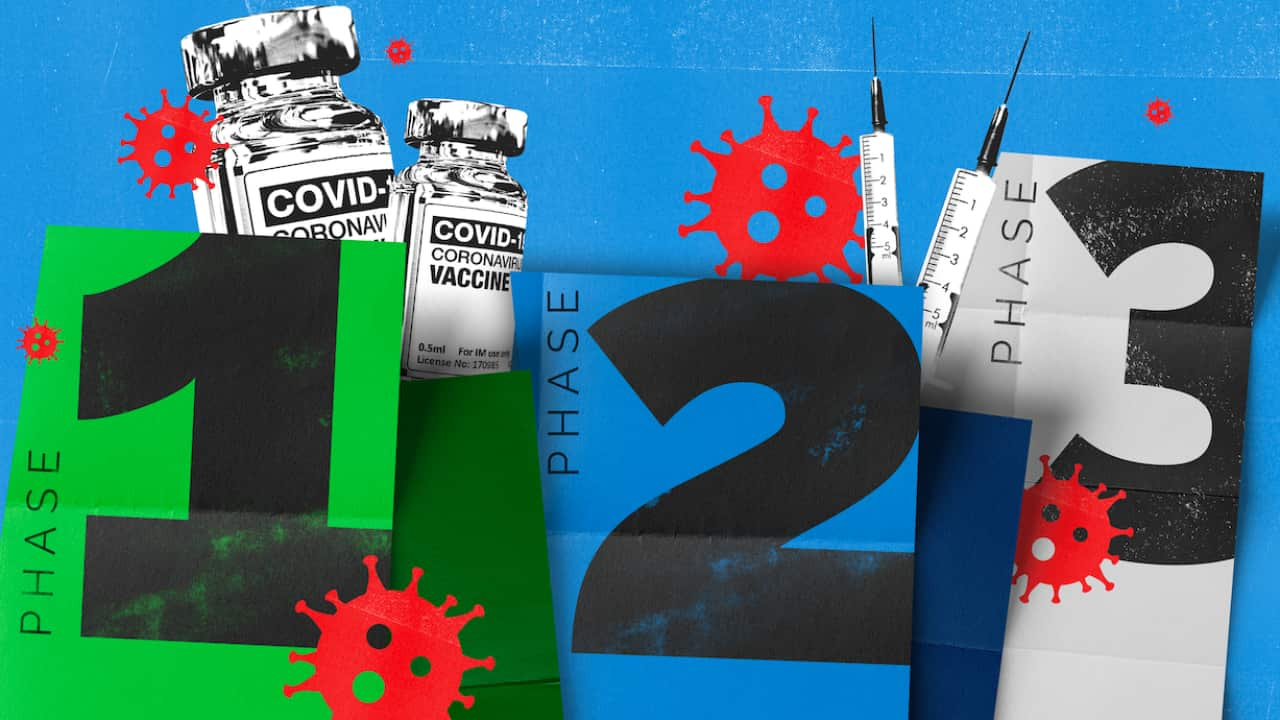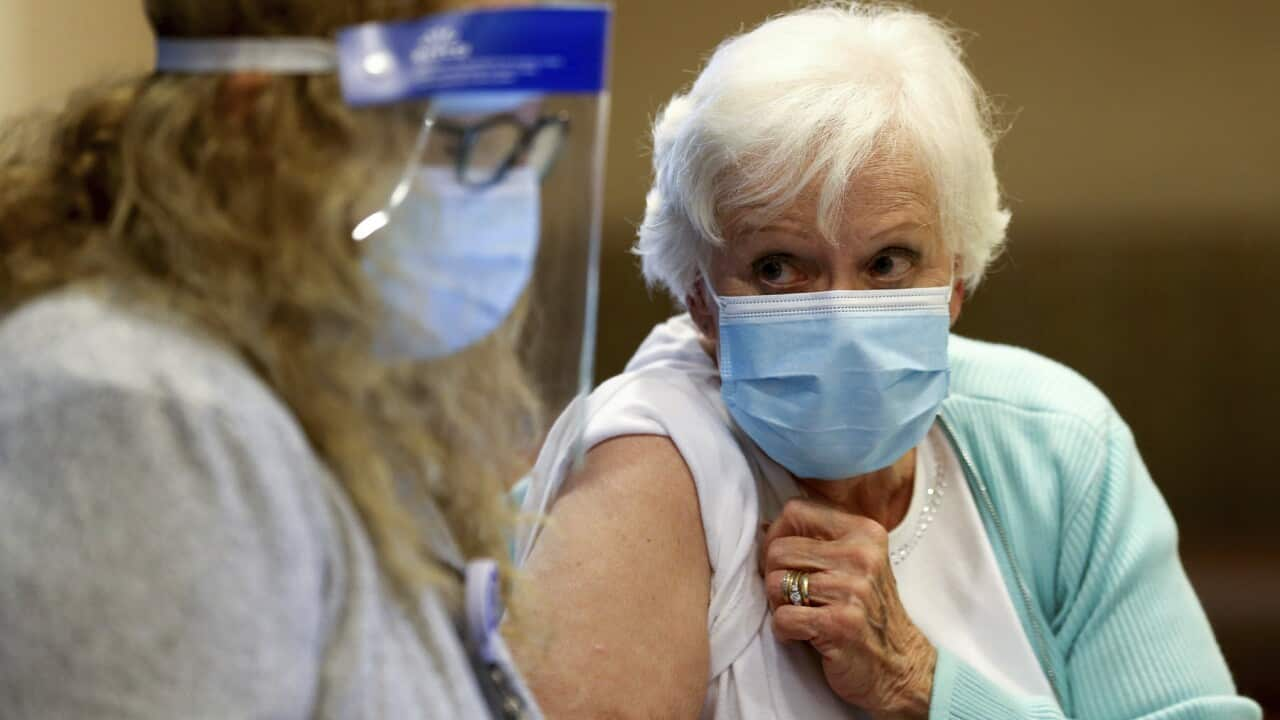Australia will seek a guarantee from the European Union that it won't block coronavirus vaccines from being exported amid soaring global demand.
Vaccine shortages have inflamed tensions between the EU and pharmaceutical giants Pfizer and AstraZeneca, which are both contracted to millions of shots for Australia.
Health Minister Greg Hunt insists the government's rollout timeline of late February for the first Pfizer jabs remains on track despite production issues.
The foreign affairs department will seek assurances vaccine supplies to Australia will not be affected through contacting the World Health Organisation and European governments.
Mr Hunt said downgrading AstraZeneca imports from 3.8 million to 1.2 million doses reflected European supply issues.
"We understand that the whole world has to deal with supply shocks and therefore our volumes have been appropriately set out this week," he told reporters on Friday.
Australia's 10 million-dose order from Pfizer has not been changed at this stage.
CSL will produce 50 million AstraZeneca doses in Melbourne during the course of the year with the first two million expected in late March.
There are concerns about the effectiveness of that jab for older people after Germany decided not to approve giving it to people aged over 65.
British authorities insist it is safe, while Australia's medicines regulator is still assessing the vaccine.
Health Minister Greg Hunt said the Therapeutic Goods Administration had not detected any risks relating to effectiveness for over-65s.
"Our approach will be led by what we believe will be the best medical regulator in the world," he said.
"They're strong, they're independent, they're fearless, they're exactly what you want. They're thorough and we will be guided by them and their judgments."
Mr Hunt said producing vaccines locally could safeguard against global supply chain shocks.
"We're subject to production, distribution and shipping challenges anywhere in the world but having that domestic onshore production is a national security," he said.
Novavax, the third vaccine Australia has a deal for, has been found to be 89 per cent effective in preventing COVID-19 and a fast-spreading strain found in the UK.
"That's quite a high efficacy rate and pretty similar to the results in the Pfizer vaccine trials," Mr Hunt said.
The government plans to roll out the imported Pfizer vaccine first in late February, followed by shipments of imported AstraZeneca jabs and then the Melbourne-made CSL product.
Senior Labor frontbencher Penny Wong said Prime Minister Scott Morrison had failed to deliver vaccines as promised.
"We're supposed to be at the front of the queue and we're clearly not at the front of the queue," she told the ABC.
"Mr Morrison said there'd be four million doses rolled out by March, well we're not on track, we're not on track for that."
There have been no local cases in Australia for 12 days.
People in Australia must stay at least 1.5 metres away from others. Check your jurisdiction's restrictions on gathering limits. If you are experiencing cold or flu symptoms, stay home and arrange a test by calling your doctor or contact the Coronavirus Health Information Hotline on 1800 020 080. News and information is available in 63 languages at .
Please check the relevant guidelines for your state or territory: , , , , , , , .













